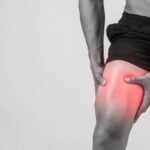Table of Contents
Uncover the truth about vitamin D toxicity in “The Big Lie about Vitamin D.” Learn why true toxicity is rare and how deficiencies in cofactors like magnesium and Vitamin K2 play a crucial role. Stay informed with expert insights on safe and effective vitamin D supplementation.
What causes vitamin D toxicity?
I’m actually convinced that there’s no such thing as a true vitamin D toxicity problem .
Now what I’m not saying is that a person , if they take higher amounts of vitamin d , they won’t get some symptoms , but the actual cause of those symptoms , I don’t believe is coming from high doses of vitamin d 3 .
I think it’s coming from a deficiency of the cofactors for vitamin d , primarily from a magnesium deficiency and a vitamin k two deficiency , And there’s a couple others as well .
Now , we know most people are deficient in magnesium going into this .
So if you’re not taking enough magnesium while you’re taking vitamin D , I think you’re gonna start noticing some of the symptoms that people call vitamin D toxicity.
Vitamin D toxicity symptoms
which are irritability , insomnia , constipation , fatigue , muscle spasm or cramps , calcification , calcium that builds up , and arrhythmia .
But they’re also symptoms of low magnesium as well as symptoms of low vitamin K2 .
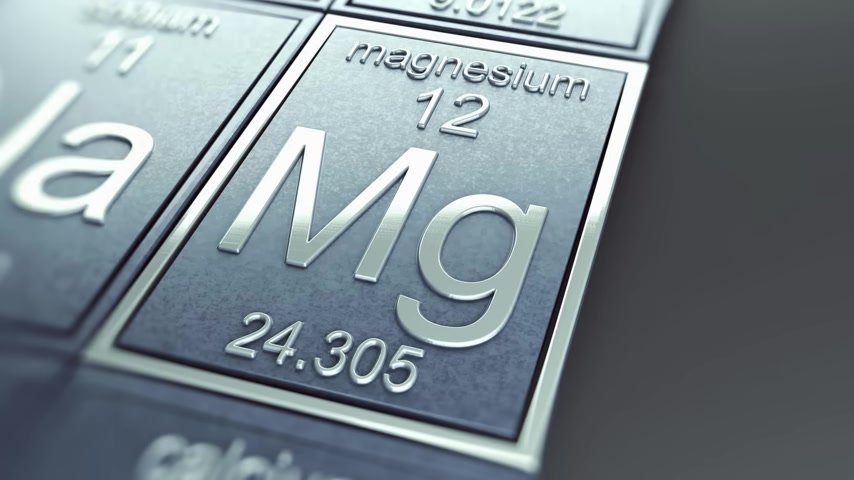
I mean , if you just look at the case studies or some of the studies of vitamin D toxicity , you don’t normally see they’re taking magnesium with it .
They’re not taking K2 with it .
Many times they’re taking vitamin D2 , not D3 as well .
Now you don’t wanna take calcium when you’re testing for vitamin d toxicity because the symptom is hypercalcemia , which is too much calcium in the blood .
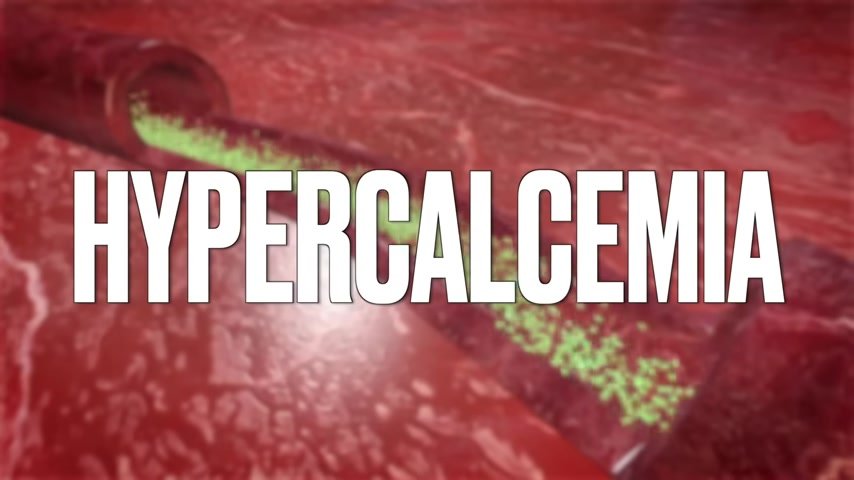
Why would you wanna take calcium ?
Doesn’t make sense .
Now I found something interesting on Wikipedia I wanna share with you .
It said , it is possible that some of the symptoms of vitamin detoxicity are actually due to vitamin k depletion , and they’re talking about vitamin k 2 .
And , yeah , I think we already knew that .
Vitamin k 2 is needed to prevent the calcium from building up in the soft tissues .
Vitamin d helps increase calcium absorption in the small intestine by 20 times .
So now we have all this calcium in the blood .
Vitamin k 2 comes in there and takes it from the blood into the tissues , preventing buildup of soft tissue calcium and also magnesium is one of the best antidotes to prevent kidney stones .
Vitamin D toxicity explained
The toxicity symptoms from vitamin d , I believe , are just lacking the cofactors .
And the reason I’m even talking about this is that it’s very important to take therapeutic doses of vitamin d to deal with certain conditions .
Amount that’s recommended by the Mayo Clinic is like 600 IUs .
This is ridiculous .

When you’re out in the sun for about 30 minutes , maybe 40 minutes , you’re gonna get at least 20,000 IUs of vitamin d 3 .
Now why would the RDAs be only 600 IUs ?
And why would someone be nervous or concerned by taking a maintenance dosage of 10,000 IUs per day when you get 10,000 or 20,000 IUs just from being out in the sun .
There is also some data out there .
People will say that , well , once you get a certain amount of vitamin d from the sun , your body will just stop making vitamin D .
I tried to find that data .
I couldn’t find , any evidence that being true , but I did find an interesting research article on lifeguards in Israel .
And what was interesting unique about these lifeguards that there was a 20 times increased risk of getting kidney stones probably because they got a lot of vitamin d and they didn’t have enough k2 or magnesium .
Vitamin D dosage
Now let’s talk about vitamin d as far as the therapeutic dose for certain conditions , especially autoimmune conditions .
Doctor Combrough from Brazil has an amazing protocol , I mean , with thousands of success stories .
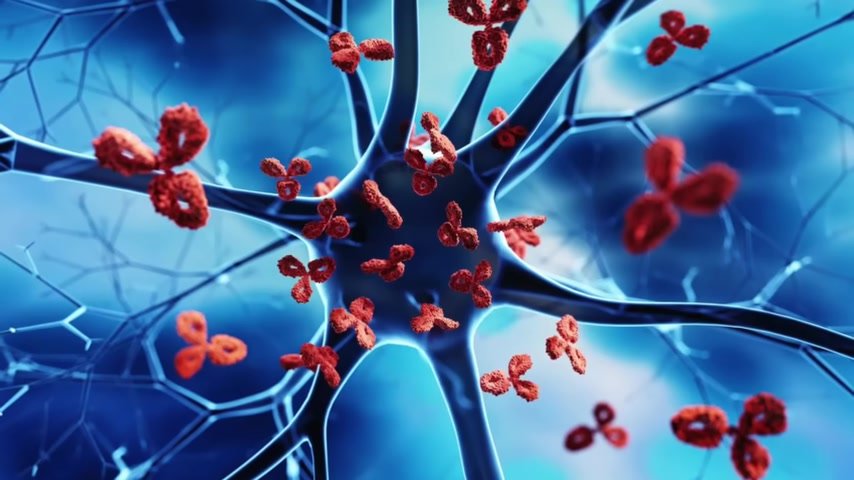
And he uses between 50,000 to 80,000 to a 100,000 to up to 200,000 IUs of vitamin d3 to put these autoimmune cases in remission .
And what he does is he just , monitors the parathyroid gland .
Because the parathyroid gland controls calcium .
So if you’re low in calcium , the parathyroid gland will kind of make up the difference and raise up and start pulling calcium from your bone .
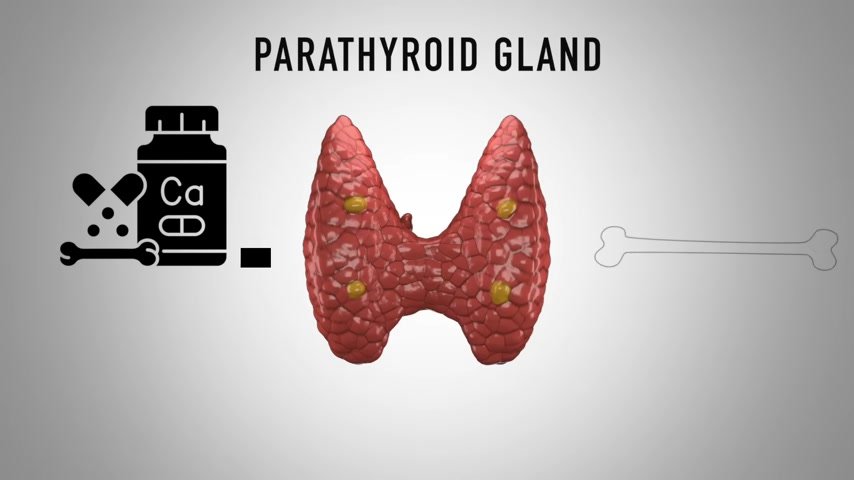
So if your parathyroid hormone is high , that means you’re low in calcium or low in vitamin d .
And if your parathyroid hormone is low , that means you have enough calcium or you have enough vitamin d .
And when you get into autoimmune diseases , you have this very unique situation .
You may have normal amounts of vitamin d in the blood , but at the receptor , it’s not really working for a whole number of reasons .
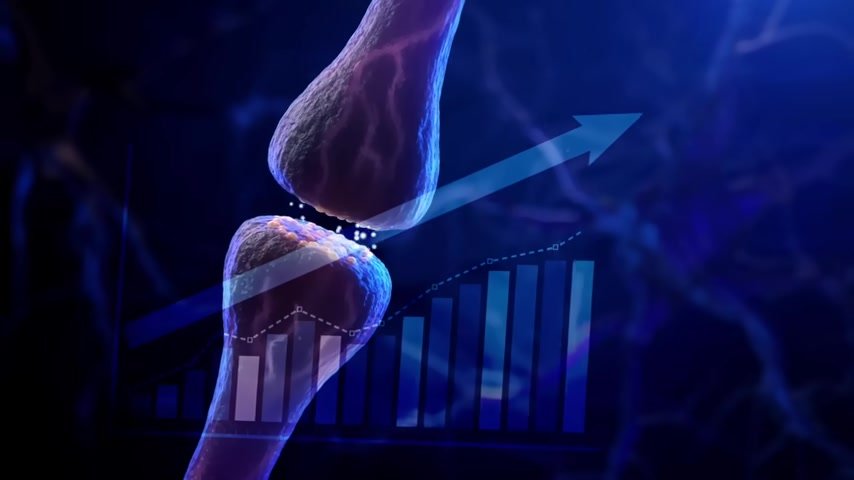
What this doctor does is give you more vitamin d to penetrate through this resistance .
And also realize when they do a blood test for vitamin d , they’re not measuring what’s happening at receptor level .
There is no agreed upon amount of vitamin d in the blood as a certain thing that everyone agrees on in the medical profession .
In other words , the normal amounts of vitamin d in our blood are still uncertain .
We don’t really know .
There’s a very interesting book I just read by doctor Harold Shealy .
He’s an ophthalmologist .
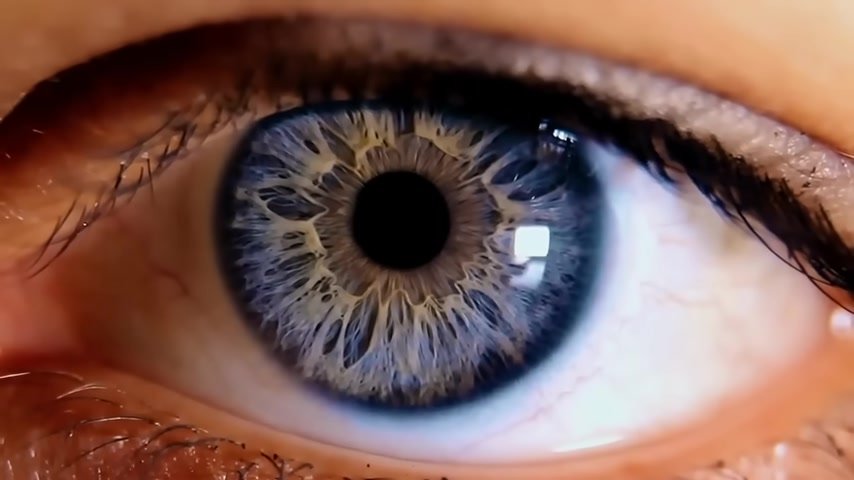
This is what he said .
Anything less than a 150 nanograms per milliliter will likely not work because his focus was on the eye , and he would use higher doses of vitamin d to get great results , which is quite fascinating .
Now you might say , well , if it works so great , why doesn’t everyone know about it ?
Well , because it works so great .
Even if you question vitamin d for various remedies , you get attacked .
I won’t be surprised if I get attacked for this video by other doctors on this topic , but I’m trying to give you all the data to think with it because I think the danger is in the lack of the cofactors for vitamin d more than the d itself .
Vitamin d is just really hard to get .
You take a 70 year old and a 20 year old and you put them out in the sun for a period of time .
The 70 year old will get 75% less vitamin d because their skin is older .
Tips when taking vitamin D supplements
So number 1 , when you take vitamin d , also take magnesium , also take vitamin k 2 .
Also , boron is a cofactor for vitamin d and magnesium .
Zinc is also another cofactor . Very important .And lastly , vitamin a .
DATA:
https://www.ncbi.nlm.nih.gov/pmc/articles/PMC3408996
https://pubmed.ncbi.nlm.nih.gov/17145139
https://www.ncbi.nlm.nih.gov/pmc/articles/PMC8058406
Key Points:
Magnesium deficiency is incredibly common. If you’re not taking enough magnesium while you’re taking vitamin D, you may begin to notice the following
“vitamin D toxicity symptoms”:
- Irritability
- Insomnia
- Constipation
- Fatigue
- Muscle spasms/cramps
- Calcium buildup
- Arrhythmia
Coincidentally, these are also symptoms of low magnesium and low vitamin K2.
- There are case studies involving vitamin D toxicity; however, the subjects did not take vitamin K2 or magnesium. In many cases, they were taking vitamin D2 rather than vitamin D3.
- You don’t want to take calcium when testing for vitamin D toxicity because one of the symptoms of vitamin D toxicity is hypercalcemia or too much calcium in the blood.
- According to Wikipedia, some symptoms of vitamin D toxicity are due to vitamin K depletion. Vitamin K2 is essential to prevent calcium buildup in the soft tissues. Vitamin D helps increase calcium absorption in the small intestine by 20 times.
- Therapeutic doses of vitamin D can be beneficial for many health conditions. The Mayo Clinic only recommends 600 IU of vitamin D when 30 to 40 minutes of sunlight provides about 20,000 IU of vitamin D3.
- Therapeutic doses of vitamin D can be especially beneficial for autoimmune conditions. Dr. Coimbra from Brazil utilizes a vitamin D protocol involving up to 200,000 IU.
- If you’re taking vitamin D supplements, also take magnesium and vitamin K2. You also want to ensure adequate boron, zinc, and vitamin A intake.


